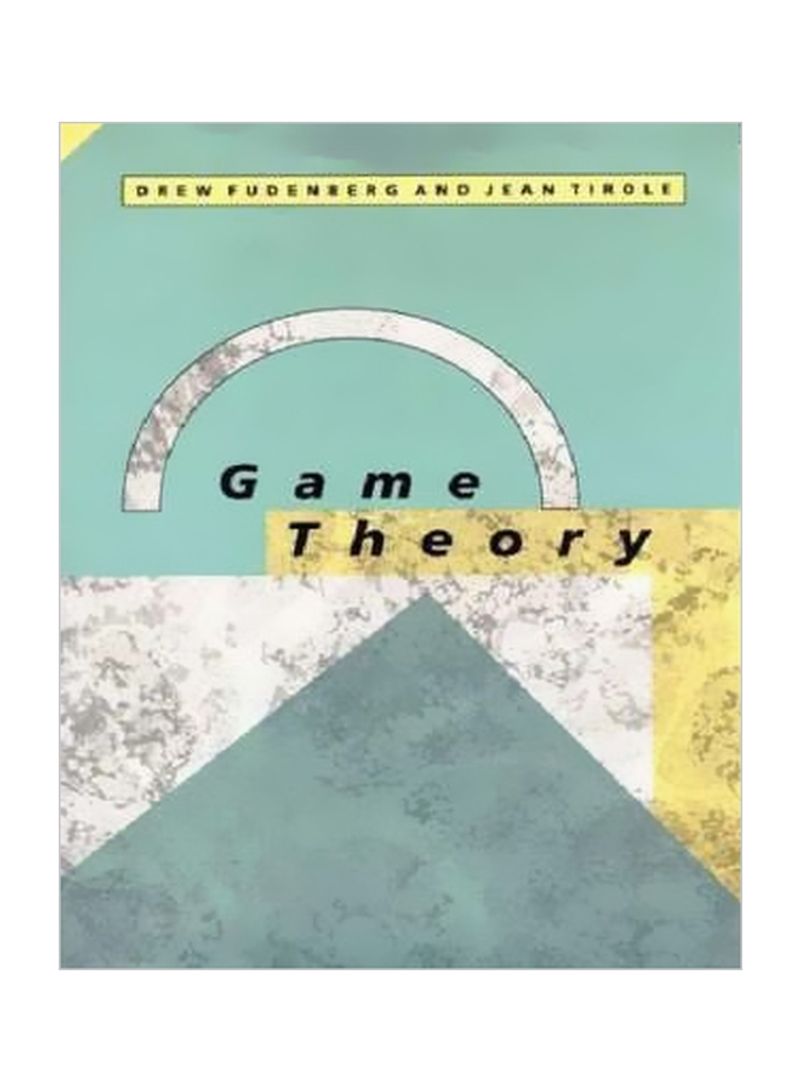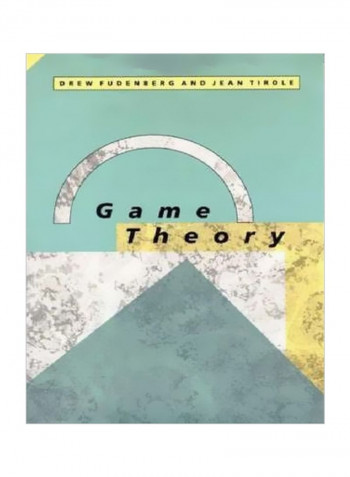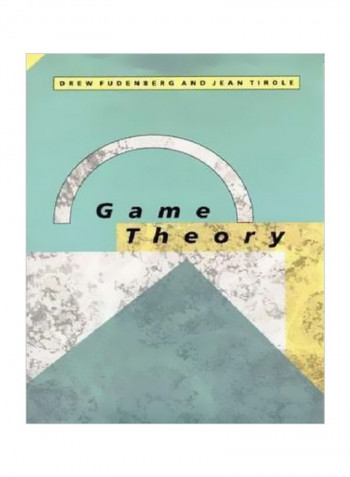Sort by
Rating
Date
Specifications
Author 1
Drew Fudenberg
Book Description
This advanced text introduces the principles of noncooperative game theory in a direct and uncomplicated style that will acquaint students with the broad spectrum of the field while highlighting and explaining what they need to know at any given point. This advanced text introduces the principles of noncooperative game theory-including strategic form games, Nash equilibria, subgame perfection, repeated games, and games of incomplete information-in a direct and uncomplicated style that will acquaint students with the broad spectrum of the field while highlighting and explaining what they need to know at any given point. The analytic material is accompanied by many applications, examples, and exercises. The theory of noncooperative games studies the behavior of agents in any situation where each agent's optimal choice may depend on a forecast of the opponents' choices. "Noncooperative" refers to choices that are based on the participant's perceived selfinterest. Although game theory has been applied to many fields, Fudenberg and Tirole focus on the kinds of game theory that have been most useful in the study of economic problems. They also include some applications to political science. The fourteen chapters are grouped in parts that cover static games of complete information, dynamic games of complete information, static games of incomplete information, dynamic games of incomplete information, and advanced topics.
Language
English
Publisher
Mit Press Ltd
Publication Date
29 August 1991
Number of Pages
604
About the Author
Drew Fudenberg is Professor of Economics at MIT. Jean Tirole, the 2014 Nobel Laureate in Economics, is Scientific Director of IDEI (Institut d'Economie Industrielle), Chairman of the Board of TSE (Toulouse School of Economics), and Annual Visiting Professor of Economics at MIT.
Author 2
Jean Tirole
Editorial Review
Fudenberg and Tirole's text will have an immediate and important impact on the way game theory is taught at the graduate level. Not only does it cover most of the central topics in noncooperative game theory, it is as up-to-date and complete as a book in this area could hope to be. Charles Wilson , Professor of Economics, New York University



